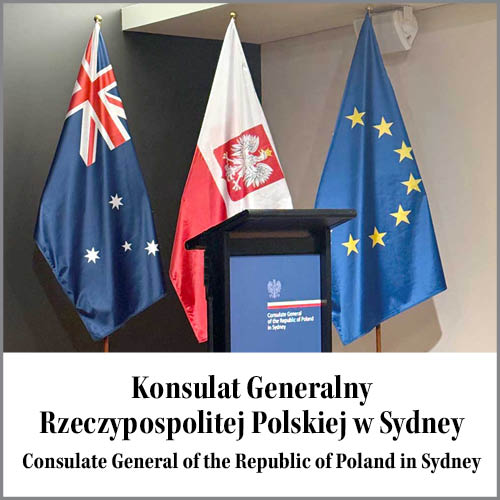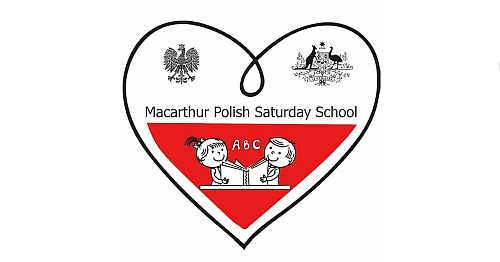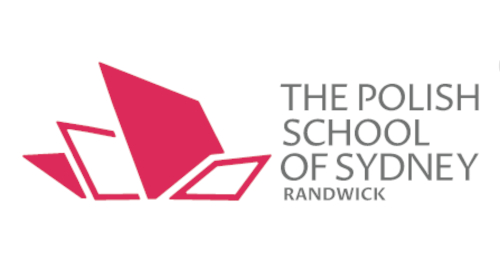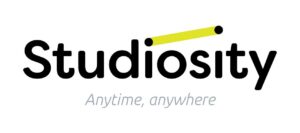 Despite the efforts of universities and higher education institutions to address chronic issues of cheating amongst students, startling new research has revealed many university students across Australia either cheated on an exam or assignment in the last year or know of someone who has cheated.
Despite the efforts of universities and higher education institutions to address chronic issues of cheating amongst students, startling new research has revealed many university students across Australia either cheated on an exam or assignment in the last year or know of someone who has cheated.With universities enabling many of their programs to have a fully online delivery due to COVID, the increase in unsupervised online exams has only tempted more struggling students to consider cheating. The research, commissioned by leading online study support service Studiosity and conducted by independent research agency Student Edge, reveals that over two thirds (67%) of students agree that cheating is easier to get away with now that many courses are fully online.
One student, who has chosen to remain anonymous, said “Online exams are very easy for people to cheat on. For example, my university did not have cameras or computer tracking at all so I could easily have had notes right next to me to copy. Someone I worked with stated that he and his friends Facetimed during their exams and shared answers, and that for a maths exam, they split up the questions, so each guy only did 20% of the exam themselves.”
Further insights from the research include:
- The data was consistent across male and female students.
- 1 in 10 students agree that studying alone reduces students’ confidence.
- 7 in 10 (71%) of Victorian students think it’s now easier to cheat, and 3 in 5 (63%) have either cheated on an exam or assignment in the last year or know of someone who did- the highest numbers out of all the states and territories.
- 16 per cent of students said they would be more likely to cheat if one of their peers had done so first.
Jack Goodman, Founder and Executive Chair of Studiosity, said “It’s unfortunate to see that so many students feel the need to resort to cheating, rather than accessing ethical study help if they’re struggling. Part of our mission at Studiosity is to provide a lifeline to those students who are feeling stressed, overwhelmed, and out of their depth, and help them build up their confidence in their own knowledge and academic abilities.”
Professor Judyth Sachs, Chief Academic Officer at Studiosity, said “The very sad part is that a lot of students don’t fully realise the risks they’re taking by cheating. Even things like texting exam answers to a friend during an online quiz, can make you lose your degree and cost your entire academic career. If you’re caught cheating, it goes down on your permanent academic record.”
With university exams right around the corner, students would be wise to heed Professor Sachs warning, and consider the long-term implications if they’re caught cheating. Universities and higher education institutions need to work alongside ethical study support services to ensure that students receive the right help, rather than resorting to cheating out of desperation.
For students seeking to avoid cheating, whether accidentally or otherwise, Professor Sachs offers the advice:
- Understand the assignment: Ensure you feel comfortable with your syllabus, your course content and what the assessments require from you, right from the beginning. Some faculties, for example, may prohibit students from collaborating with their peers on any coursework. For others groupwork may be encouraged but citing others is always necessary, especially when ‘group work’ may look like you have used another student’s work in certain technology systems. Check with your lecturer or unit coordinator early.
- Start studying early: Procrastination increases the likelihood of cheating, so you can plan ahead to avoid it. One of the best ways to resist the temptation to cheat, is to start studying for a test, or researching an assignment, earlier than you think you need to. By being prepared in advance, you have the time to seek advice, check referencing, or fix any gaps in your knowledge and work through any challenging problems way before the due date.
- Use ethical study support tools: If you’re feeling like you need extra study support, find Studiosity in your university login. In 2022, it is in the vast majority of universities for free, can be accessed by 1.6million students, and offers a secure, university-approved place for 24/7 assignment feedback, including a quick check of how you have used sources, in a minutes via chat or few hours via upload. Getting the right feedback, or just checking you are on the right track, will help you improve your essay writing skills and build your confidence well before exams and assignments, or even at the last minute.
Studiosity partners with universities to provide online study support, anytime, anywhere to their students. The company currently works with more than 100 universities, to deliver academic support online, right when students need it, helping hundreds of thousands to progress and succeed with their studies, regardless of their study mode, background, personal circumstances or location.
*Research was conducted and analysed by Student Edge. The data is based on analysis of over 1,000 Australian university student responses in 2022. The students used for this study were 18 – 30+ years old, and consisted of a mix of both domestic and internationally enrolled students.

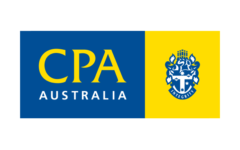
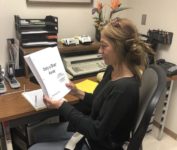

 USD
USD  AUD
AUD  CAD
CAD  NZD
NZD  EUR
EUR  CHF
CHF  GBP
GBP 